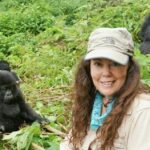
Why Tracking Gorillas Beats a Treadmill Any Day
August 27, 2025
Flexible Safari Payment Plans with Traford Safaris
August 28, 2025Gorilla trekking in Uganda, Rwanda, or the Democratic Republic of Congo is a once-in-a-lifetime adventure. The chance to stand a few meters away from a silverback and his family is an emotional and unforgettable experience. However, because gorillas are highly susceptible to human diseases and trekking often involves hiking through challenging terrain, travelers must carefully prepare their health before the journey.
At Traford Safaris, we ensure our clients are fully informed about the medical considerations they need to take into account so their trekking experience is safe, enjoyable, and memorable.
Why Health Matters on a Gorilla Trek
Mountain gorillas share about 98% of their DNA with humans, making them vulnerable to many of the illnesses that affect us. Even a simple flu can threaten their survival. For this reason, strict health and fitness guidelines are in place for anyone planning a trek.
Your own well-being is equally important. Trekking through Bwindi Impenetrable Forest,, Volcanoes National Park, or Virunga involves several hours of hiking in humid, steep, and sometimes slippery conditions. Being medically prepared allows you to enjoy the adventure without unnecessary risks.

Vaccinations and Preventive Care
Before booking your gorilla trek, it is advisable to consult a travel clinic or your healthcare provider at least 6–8 weeks before departure. Recommended vaccinations and preventive measures include:
-
Yellow Fever – Mandatory for entry into Uganda and Rwanda.
-
Hepatitis A & B – Strongly recommended for all travelers.
-
Typhoid – To prevent food- and waterborne infections.
-
Tetanus – Make sure your booster is up to date.
-
Rabies (optional) For those spending extended time outdoors or working with animals.
In addition, malaria prevention is crucial. East Africa is a malaria zone, so carrying prophylaxis prescribed by your doctor and using mosquito repellents is highly recommended.
Physical Fitness and Preparation
While gorilla trekking does not require professional mountaineering skills, it demands a moderate to high level of fitness. Hikes can last anywhere from 2 to 7 hours, depending on where the gorillas are located. Trails may involve climbing steep hills, crossing streams, and pushing through dense vegetation.
To prepare, consider:
-
Regular cardio exercises (walking, jogging, cycling, or swimming) before your trip.
-
Practicing long hikes with elevation gains to simulate trekking conditions.
-
Strengthening your legs and core for endurance.
At Traford Safaris, we advise clients to be honest about their fitness levels so we can help them select treks that match their abilities. In some parks, like Volcanoes National Park in Rwanda, trekkers are grouped based on fitness level to ensure comfort.
Age and Medical Restrictions
Gorilla trekking permits are issued to travelers aged 15 and above. This is to ensure participants have the physical stamina required and can follow health and safety guidelines.
If you have any chronic medical conditions such as asthma, diabetes, heart disease, or joint problems consult your doctor before booking. In many cases, with the right clearance and preparation, trekking is still possible, but it is important to manage expectations.
Altitude Considerations
Mountain gorillas live in high-altitude forests ranging between 2,200 to 3,500 meters above sea level. At this altitude, some trekkers may experience mild symptoms of altitude sickness, such as headaches, fatigue, or shortness of breath.
To minimize discomfort:
-
Spend a day or two acclimatizing before the trek.
-
Stay hydrated and avoid alcohol before trekking.
-
Pace yourself during the hike guides allow for frequent rest stops.
Illness and Trekking Restrictions
Because of the risk of transmitting diseases to gorillas, visitors showing symptoms of contagious illnesses such as flu, cold, cough, diarrhea, or fever may be denied entry on the day of the trek.
Traford Safaris always emphasizes honesty with clients: if you feel unwell, it’s better to reschedule your trek than risk infecting the gorillas. Your permit can often be postponed to a later date in case of illness.
How Traford Safaris Supports Your Health and Safety
At Traford Safaris, we prioritize your well-being from the moment you book with us. Our team:
-
Provides updated medical and vaccination requirements before your trip.
-
Arranges acclimatization days in Kigali, Kampala, or nearby areas to help you adjust.
-
Organizes comfortable lodges near trekking points for rest before and after the trek.
-
Works with professional guides and park rangers trained in first aid and safety protocols.
Your health and comfort are at the heart of the experience we deliver.
Final Thoughts
Gorilla trekking is more than an adventure it’s a privilege. Being medically prepared ensures you protect both yourself and the endangered gorillas you’ve traveled so far to see. With the right vaccinations, fitness, and honest preparation, you’ll be ready to fully enjoy one of the most moving wildlife encounters on Earth.
At Traford Safaris, we guide you through every step, from medical preparation to the magical moment you lock eyes with a gorilla in the wild. Your safety, comfort, and unforgettable memories are always our priority.

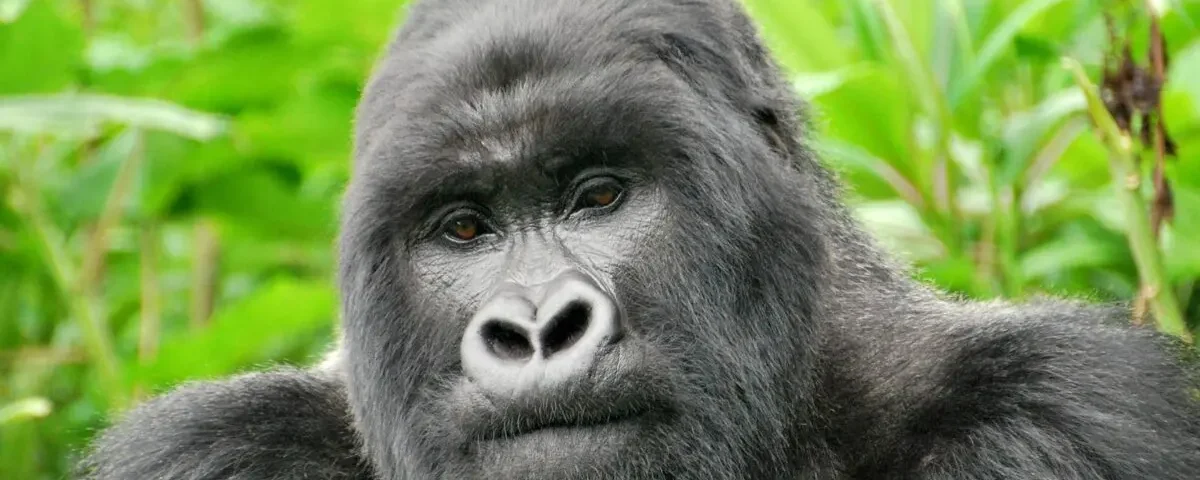
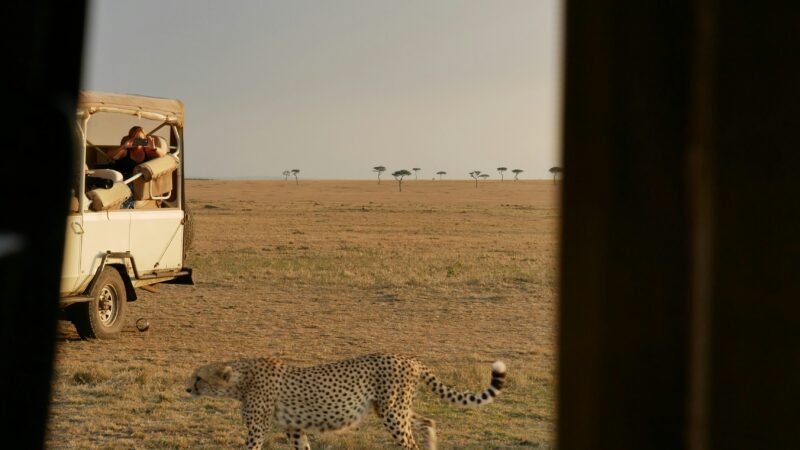
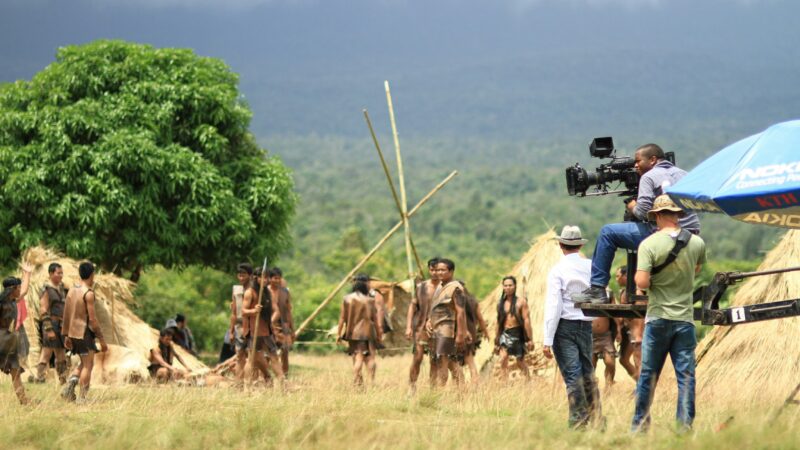
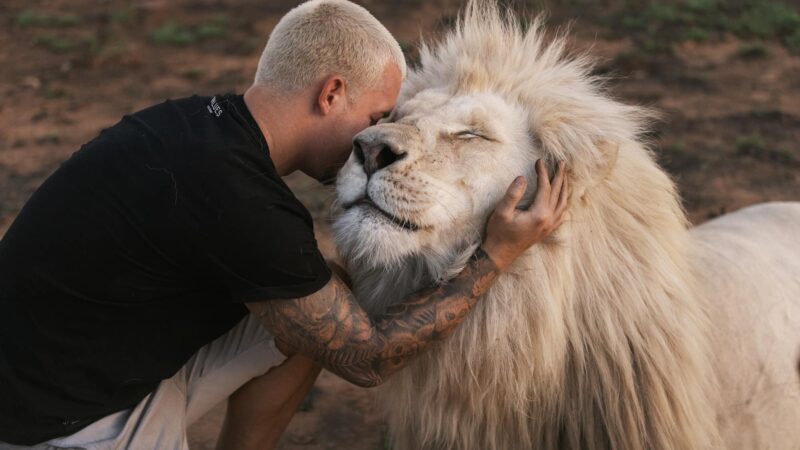
4 Comments
Your blog is a treasure trove of valuable insights and thought-provoking commentary. Your dedication to your craft is evident in every word you write. Keep up the fantastic work!
Your writing is not only informative but also incredibly inspiring. You have a knack for sparking curiosity and encouraging critical thinking. Thank you for being such a positive influence!
Wow amazing blog layout How long have you been blogging for you made blogging look easy The overall look of your web site is magnificent as well as the content
Thank you so much for your kind words! We’re glad you’re enjoying our blog. At Traford Safaris, we aim to make travel planning and safari inspiration simple, engaging, and helpful for all our readers. We’ll keep sharing more tips, guides, and stories to make your East Africa safari dreams easier to plan and even more exciting to experience.